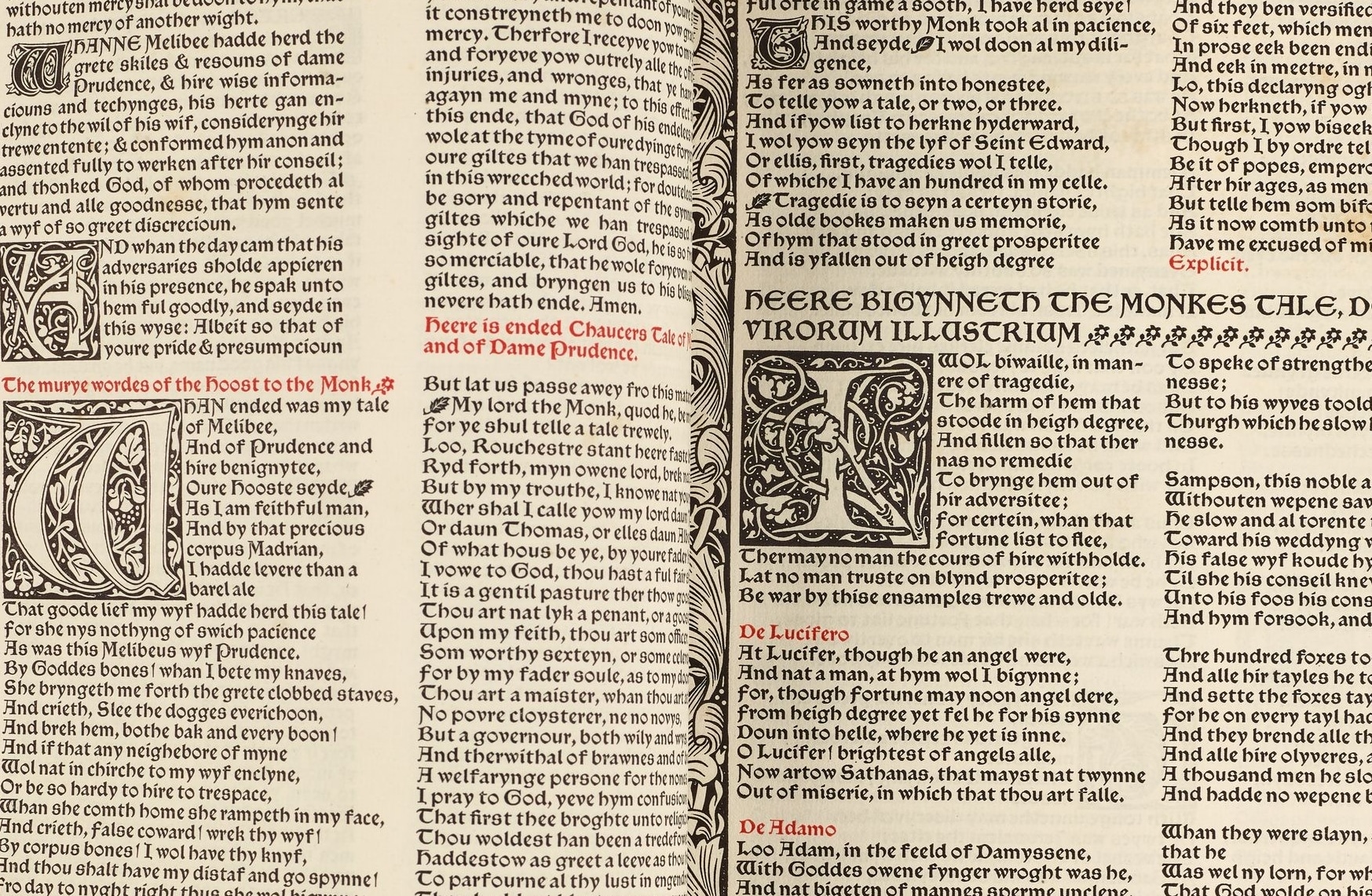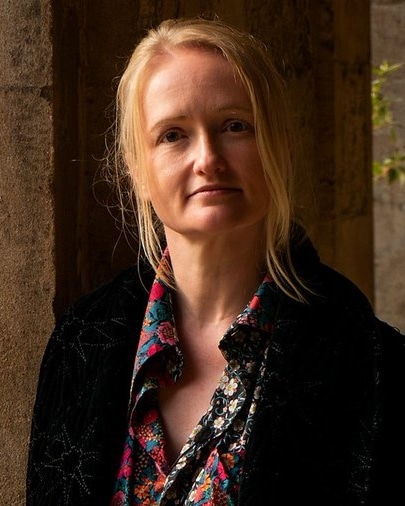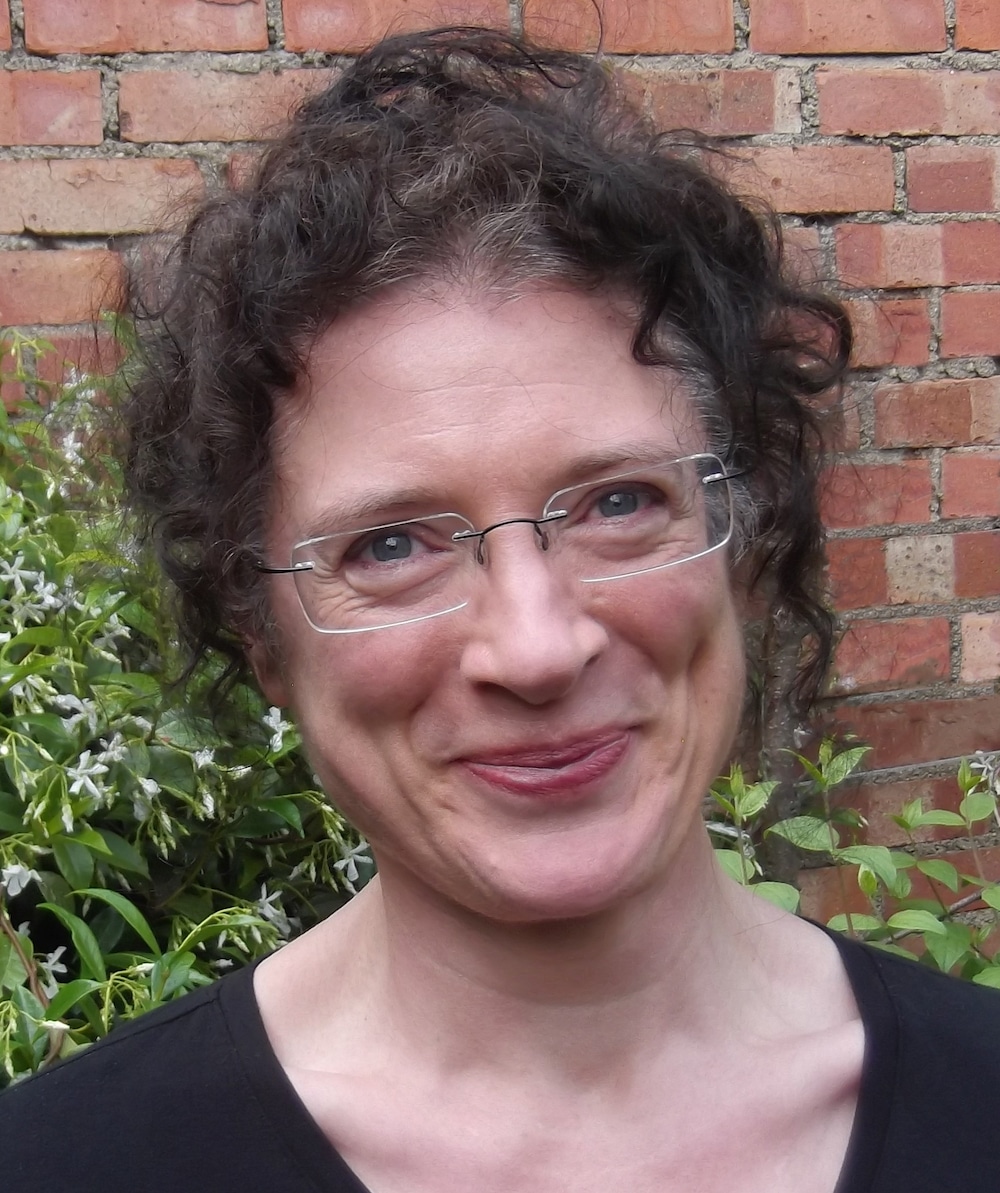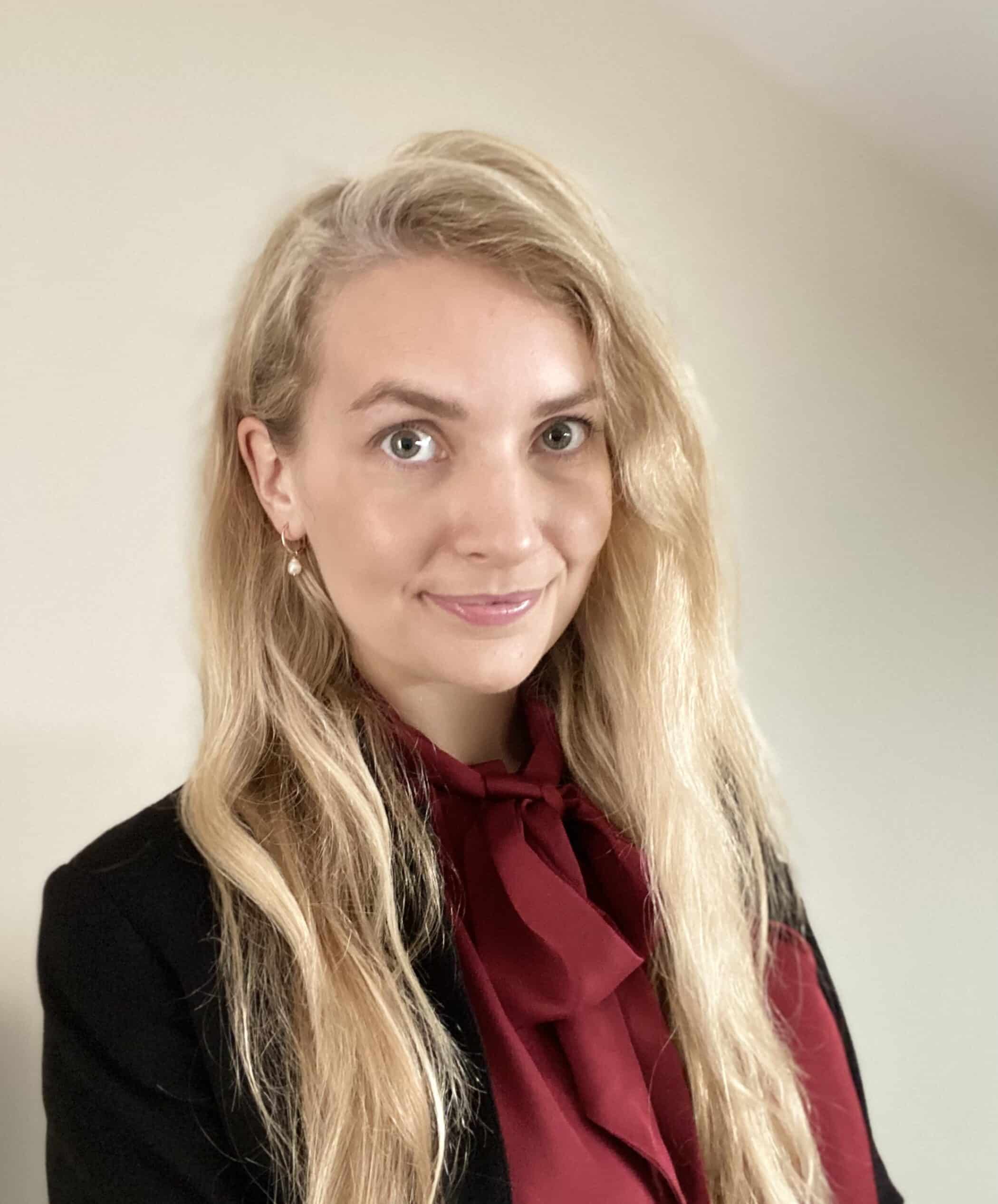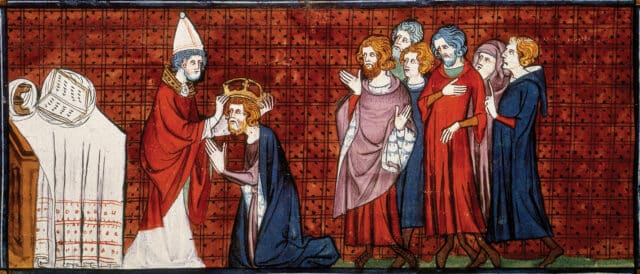Course overview
BA English Language & Literature
BA English and Modern Languages
BA Classics and English
Typical intake: 7
People come to study English at Worcester from a wide variety of backgrounds, and they bring with them all kinds of interests, but what they have in common is a passion for the subject, a love of reading, and an irrepressible intellectual curiosity.
Here we value individuality, energy and commitment; we want people who will work hard, think hard, and make the most of everything we can offer. English at Worcester is an equally intensive and extensive education, from the beginnings of literature in Old English to the global English writing of the present day; from line-by-line reading and interpretation of a sonnet, to a seminar debate on the nature of literature and of experience. During the three years of the degree, students have the constant close attention of the weekly essay and tutorial (an hour’s discussion with a Tutor, either alone or with one or two other students); they develop their ideas in discussion with their peers in classes and seminars (often including giving presentations on individually-researched topics); and they have access to the vast resources of the Oxford English Faculty and the University’s libraries, lectures, and special events.
When students’ particular interests carry them into areas beyond our own specialisms, teaching arrangements are made with tutors and lecturers in other colleges, so that students have access to the full range of expertise in the English Faculty across the University.
Applying
We welcome applications from all backgrounds. Applications are welcomed both before and after A-level. Candidates for joint degrees will need to be strong in both subjects. English Literature, or English Language & Literature, should be one of the subjects offered at A-level (or equivalent), and successful candidates will also have read widely beyond the syllabus.
At Worcester, shortlisted applicants for English will have two interviews, each with two tutors. Each will include the discussion of a short, unseen passage of literature (candidates will have 15 minutes to read the passage before the interview begins), followed by a more general discussion, perhaps beginning with texts studied at school, and going on to applicants’ wider reading. (The Personal Statement on the UCAS form is our starting point here, so do use it to name favourite authors and texts you might like to talk about at interview). The purpose of these interviews is to give applicants a chance to demonstrate their passion for literature in general, and their own interests in particular; their ability to pursue argument and the exchange of ideas, and to respond directly and in detail to literature on the page. They are not a test of knowledge, but of critical insight.
The English Faculty’s overall Selection Criteria are available on the Faculty Website.









